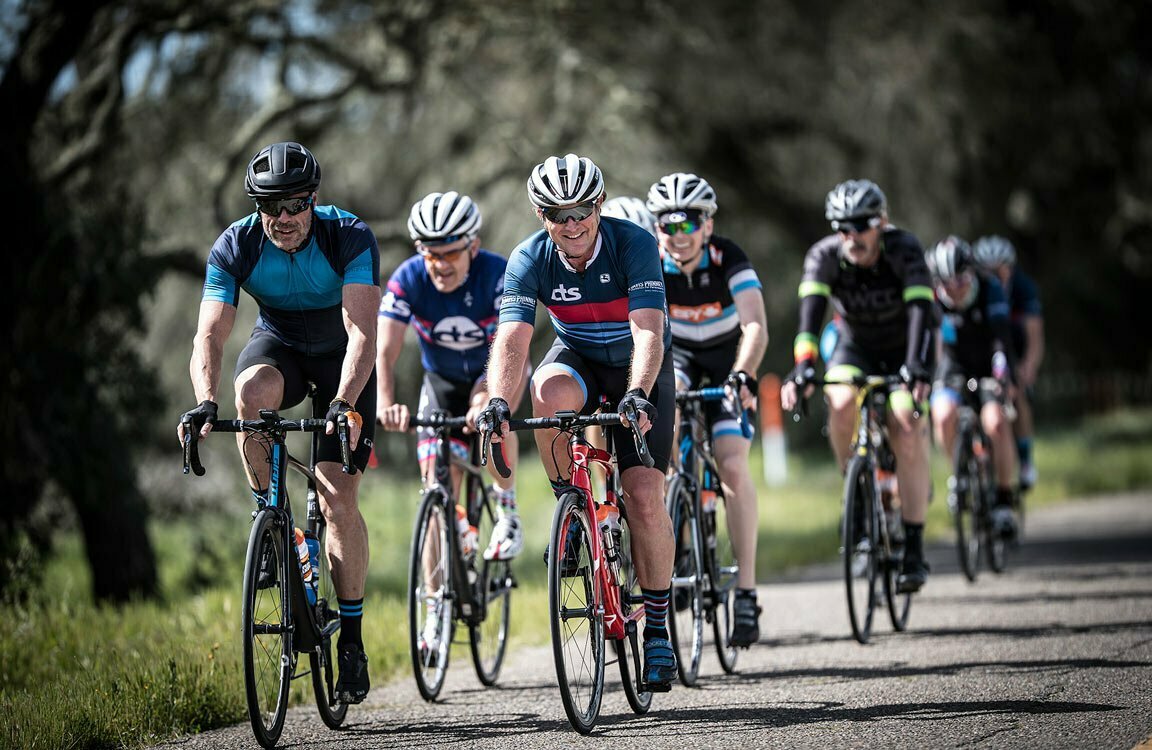Almost 90% of cyclists enjoy a “near skip” – an overtake inside 1.5m – as a minimum weekly, and 70% say situations on Britain’s roads haven’t progressed within the final five years, in step with a brand new damning survey from British Cycling.
Of 15,000 respondents, 66% stated they had been concerned approximately their safety whilst biking on Britain’s roads, and nearly 40% said they experienced a close pass daily.
The government may additionally trust its own claim that it desires to make cycling and stroll the natural alternatives for quick trips. However, it’s going to in no way attain that if it does now not address the number one motive, human beings don’t cycle: fear of motors.

Our public space has drifted out of the attain of any but the match, the brave, and those in motor automobiles. The substantial majority of our friends, own family and neighbours don’t even do not forget cycling on our more and more lawless roads.
Chris Boardman, Greater Manchester’s on foot and biking commissioner and a British Cycling policy marketing consultant, said it becomes “shameful” matters had no longer advanced. They put the boot in to repeated, fruitless calls for protecting the biking system and absent funding in a safe cycle network.
“I without a doubt desire that this will act as a take-heed call for us, to permit evidence lead our selection-making and make formidable choices on investment and investment, as opposed to virtually taking the smooth alternative and telling humans to appearance after themselves,” he stated.
The survey found people’s maximum not unusual issues whilst cycling have been near passing, hazardous avenue surfaces, and car speeds. More than 3 quarters of respondents said they did not accept it as true with cycling turned into taken seriously with their local government’s aid.
British Cycling notes antagonistic road conditions disproportionately affect ladies, children, and older people. When 30% of British Cycling participants – who’re in all likelihood more skilled and confident than your common bike owner – say they power journeys underneath 3 miles, there’s trouble.
British Cycling calls for what survey respondents think might paintings: a mutually recognized marketing campaign for all avenue users, ring-fenced investment for cycling and on foot, and a countrywide community of employers to help the government apprehend the way to get more human beings biking to paintings.
I might urge caution while coming near the first – as Boardman says, we want to follow the proof. Campaigns calling for mutually admire hazard are growing a fake equivalence between drivers and cyclists while none exists. People on motorcycles might also behave badly occasionally, as all road customers do, however the finest potential for damage at the roads comes while we drive.
West Midlands police’s exemplary proof-based operation goals drivers who near pass with schooling and, in the worst instances, enforcement. In a year, reviews from human beings biking of close passes halved, and cycling collisions dropped with the aid of 20%. As the unit writes on its weblog, officers created an environment where any time or vicinity a driver is tempted to interrupt the law, they recognize they may be detected or prosecuted – and those who select to cycle recognize they may be included. It’s no marvel numerous forces have accompanied the match. However, it’s nowhere near as widespread as it wishes to be.
We have a massive problem on our roads, and we have to ask ourselves what we, as a society, will do approximately it. When our streets are so feral that fewer than zero, Five% of cyclists say, they’ve in no way skilled a risky overtake. At the same time, someone thinks they can get away with throwing a can of beer out in their car at a Paralympian on a motorcycle, risking her life; what are we going to do?
I doubt education on my own could wash with this type of driver – we want enforcement to tackle such individuals. But our police forces had been hollowed out by way of investment cuts, leaving them struggling to address recurring crime – and the government’s one-off £1m funds, announced final 12 months, doesn’t move almost a long way enough.
We understand the advantages of cycling, from fitness to air nice to reduced absenteeism. It’s putting that greater than 60% of the new survey’s respondents said cycling becomes useful for their mental health. We recognize the returns on investment for biking tasks are big. But the majority nevertheless can’t get entry to those benefits – and we won’t be able to until we tackle our shamefully unpleasant roads.
At this essential time.
We are able to’t pull away from weather trade. For The Guardian, reporting on the environment is a concern. We supply weather, nature and pollutants memories the prominence they deserve, testimonies which frequently go unreported by using others inside the media. At this vital time for humanity and our planet, we’re decided to tell readers approximately threats, effects, and answers based totally on medical information, now not political prejudice or business hobbies. But we want your help to develop our coverage, travel to the far off frontlines of change, and cowl critical conferences that affect us all.
More human beings are analyzing and assisting our independent, investigative reporting than ever before. And unlike many information corporations, we’ve chosen a method that permits us to maintain our journalism on hand to all, irrespective of where they stay or what they can manage to pay for.
The Guardian is editorially unbiased, which means we set our personal schedule. Our journalism is unfastened from business bias and now not stimulated with the aid of billionaire owners, politicians, or shareholders. No one edits our editor. No one steers our opinion. This is vital because it permits us to provide a voice to those less heard, mission the effective, and preserve them to account. It’s what makes us one-of-a-kind to so many others inside the media at a time when factual, sincere reporting is crucial.








